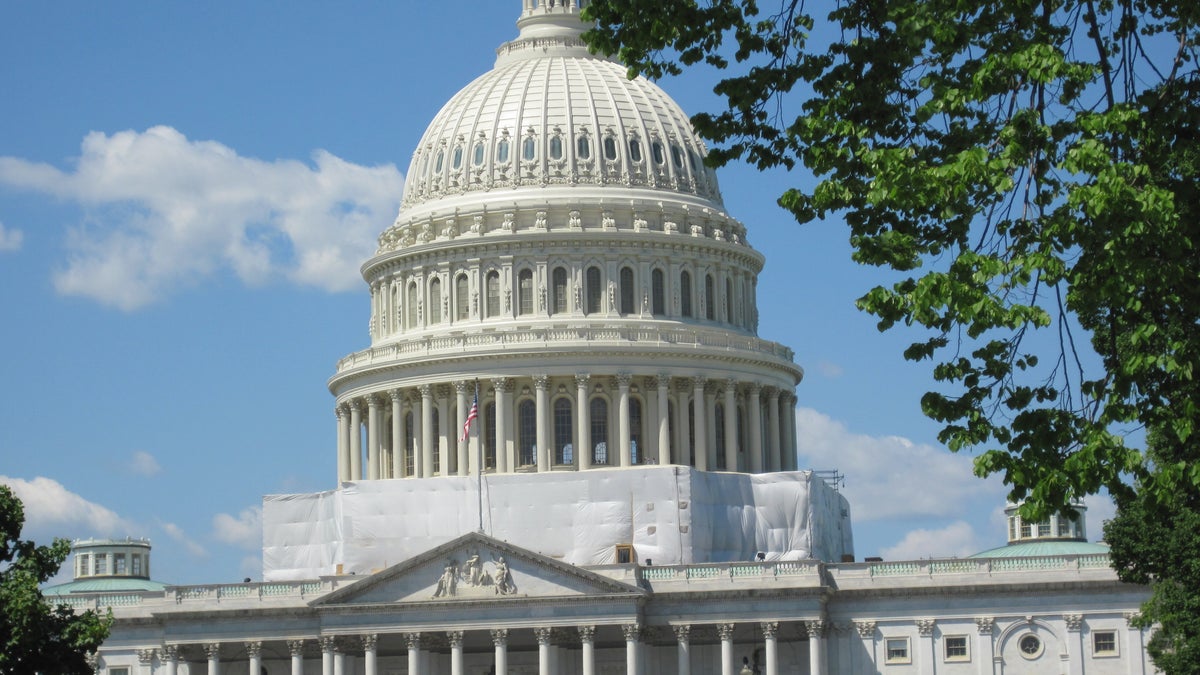New Senate, House bills would restore Net neutrality
Democrats in the House and Senate have introduced legislation that will give the FCC authority to impose its Net neutrality rules until it can come up with a more permanent legal fix.

Democrats have introduced legislation in the US Senate and House of Representatives that will temporarily restore Net neutrality rules to keep the Internet open until the Federal Communications Commission can craft rules of its own that will stand up in court.
The two bills (PDF), which were introduced on Monday, come just weeks after a federal appeals court threw out the FCC's Net neutrality rules on a legal technicality. The FCC had adopted the rules, which were meant to ensure that broadband providers couldn't block access or discriminate against Internet traffic traveling over their connections, in late 2010.
Verizon Communications challenged the rules in court. Last month, the DC circuit court struck down the rules, but the court also rejected Verizon's argument that the FCC does not have authority to regulate the Internet.
Instead, the court reasoned that the FCC does in fact have the authority to regulate broadband. But because the FCC based its Open Internet regulation on the fact that it believed broadband networks must follow "common carriage," rules, the court rejected the rules. The reason why is that this conflicts with how the FCC has previously classified broadband services. The FCC says they are so-called "information services," and the idea of common carriage only applies to "telecommunications services."
The court said that the FCC could impose Net neutrality regulations if it changes the classification of broadband service to a telecommunications service.
The FCC has not said yet what it will do regarding reclassification. The idea of reclassifying broadband as a telecommunications service will surely ignite a firestorm of political lobbying from large communications providers, such as AT&T, Verizon, and Comcast, which do not want to see the Internet's infrastructure regulated like the old telephone network.
The two bills introduced Monday by Democrats in both houses of Congress would provide temporary protection for Internet consumers as well as companies offering services online until the FCC can fix its Net neutrality rules.
On the Senate side, six Democrats are co-sponsoring the the measure, including Ed Markey (Mass.), Al Franken (Minn.), and Ron Widen (Ore.) Nine Democrats in the House are sponsoring the bill, including Henry Waxman (Calif.), Anna Eshoo (Conn.), Frank Pallone Jr. (N.J.), Doris Matsui (Calif.), and Mike Doyle (Penn.).
The bills likely face uphill battles in both legislative chambers, as supporters of Net neutrality are generally split across party lines. In the Republican-controlled House, it's unlikely that the bill will get very far, given that Republicans pushed to repeal the FCC's Net neutrality rules when they were first introduced.
While the Democratic-led Senate might be slightly friendlier to a Net neutrality bill, not all Democrats have been willing to sign on to the idea that a special Net neutrality bill is needed. Several Democrats have instead been pushing for reforms to the Communications Act that would incorporate language to protect the open Internet.
In general, most congressional Democrats have wanted the FCC to simply handle the Net neutrality issue. This is likely why leaders, such as Sen. Markey, a member of the Commerce, Science, and Transportation Committee and author of the first Net neutrality bill introduced in Congress, said in a statement that this bill is a temporary fix until the FCC can craft its own rules.
"This bill ensures consumers are protected until the FCC uses its clear authority, as recognized by the court, to put in place replacement rules," he said.
Rep. Waxman, senior Democrat on the House Energy and Commerce Committee also reiterated in his statement that the legislation is meant to protect citizens' access to the Internet until the FCC can come up with its own fix.
"Our bill very simply ensures that consumers can continue to access the content and applications of their choosing online," he said. "The FCC can and must quickly exercise the authorities the D.C. Circuit recognized to reinstate the Open Internet rules. Our bill makes clear that consumers and innovators will be protected in the interim."

